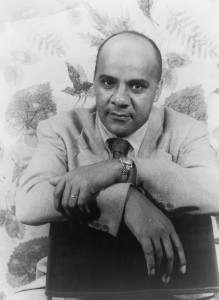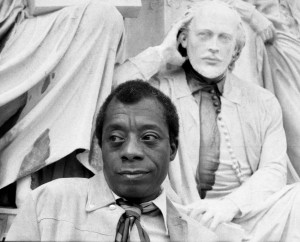Baltimore Sun editor John E. McIntyre opined on parent company Gannett’s latest reorganization, concluding that one goal “appears to be the elimination of Gannett’s remaining copyeditors,” and offering advice both to the reporters who will be responsible for vetting their own work, and the news consumers who will need to be even more gimlet-eyed when scanning the headlines. One wonders whether Gannett will also try to make reporters responsible for any potential legal consquences stemming from what they publish as well, since newspaper copy editors also function as fact-checkers. Or perhaps someone at Narrative Science is working on a robotic copy editor. Either way, it’s just another way in which the functional division between bloggers and reporters is crumbling.
If I’m right, Gannett staffers might find some value in the guide to legal resources for online publishers that I penned for the Online Journalism Review a few years ago.

